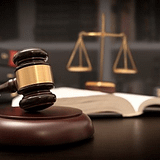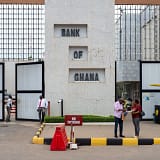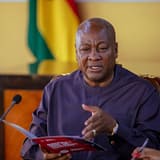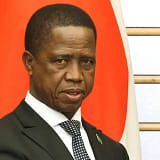News
Ghana’s Historic Election Day: Key Contenders and Issues to Watch
Published
11 months agoon
By
M N Ridwan
Today, December 7, 2024, millions of Ghanaians will cast their ballots in a crucial election that will determine the country’s future direction.
With a new president and 275 members of Parliament to be elected, the stakes are incredibly high. This election marks the end of President Nana Akufo-Addo’s tenure, as he completes his two-term constitutional limit.
The presidential race is largely centered on two key figures: Vice President Dr. Mahamudu Bawumia of the New Patriotic Party (NPP) and former President John Dramani Mahama of the National Democratic Congress (NDC).
Dr. Bawumia, a respected economist, is running on a platform of continuity, emphasizing the NPP’s achievements in economic reforms, digitalisation, and large-scale infrastructure development. He argues that the country is on the right track and needs stability to continue its progress.
Meanwhile, John Mahama, who served as president from 2012 to 2016, is seeking a return to power.
His campaign focuses on offering economic relief, tackling rising inflation, and creating jobs to combat the high youth unemployment rate.
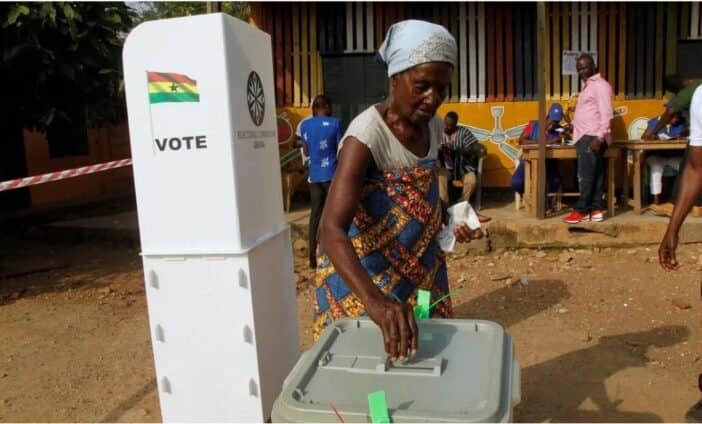
Mahama has been vocal in criticizing the current administration for its handling of the country’s economic challenges, including high debt levels and increased cost of living.
He promises to prioritize social inclusivity and poverty reduction if given another chance.
While the main spotlight is on these two political heavyweights, the election features a range of smaller parties and independent candidates, each aiming to shake up the political landscape.
Some of the notable candidates include Daniel Augustus Lartey (GCPP), Christian Kwabena Andrews (GUM), and Kofi Akpaloo (LPG).
Independent candidates such as Alan Kwadwo Kyerematen, Nana Kwame Bediako, Kofi Koranteng, and George Twum-Barima-Adu are also competing, each offering new policy proposals in an attempt to break the NPP-NDC duopoly.
The election comes at a time when Ghana’s economy is facing significant challenges. Key issues dominating the race include inflation, rising public debt, and unemployment, particularly among the youth.
Both Bawumia and Mahama have tailored their campaigns around economic stability, but voters are divided on which party has the best solutions.
The growing influence of social media and digital campaigning is also crucial, as younger voters, who make up a large part of the electorate, are increasingly turning to online platforms for information and interaction with candidates.
Corruption and governance remain central to the debate. Many Ghanaians are calling for stronger anti-corruption measures, with both the NPP and NDC facing accusations of mismanagement and lack of accountability.
This election, however, offers an opportunity to vote for change, with many voters pushing for more transparency and a better system of governance.
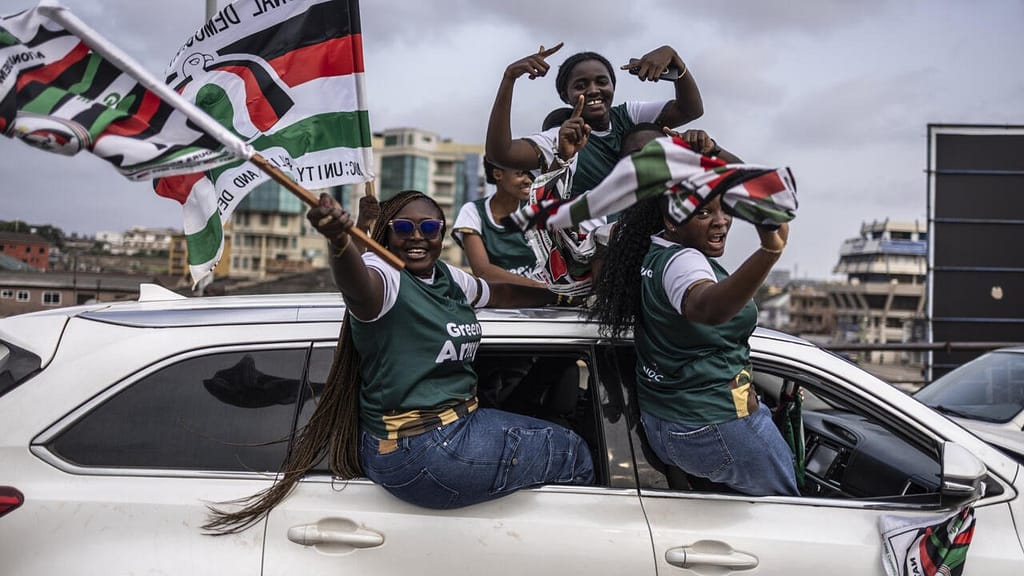
The outcome of the election could hinge on a few key regions.
Greater Accra, the country’s political and economic hub, along with the Central Region, are seen as swing regions that could decide the race.
Ashanti and Eastern Regions, traditional NPP strongholds, are expected to deliver strong support for Dr. Bawumia.
The Volta and Northern Regions, considered NDC bastions, will be crucial in testing Mahama’s ability to retain his party’s base.
Western and Bono Regions, which have fluctuating voting patterns, could emerge as crucial battlegrounds as well.
As Ghanaians prepare to cast their votes, the Electoral Commission has assured citizens that all election materials are in place, and the commission is committed to conducting a free, fair, and credible election.
Chairperson Jean Mensa has stated, “We are all set to go,” emphasizing the importance of this election in maintaining Ghana’s democratic reputation.
This election is seen as a critical moment for Ghana, a nation that has long been celebrated for its stable democracy in a region often marked by political instability.
As voters head to the polls, the world watches to see whether Dr. Bawumia can secure a historic first-term victory for the NPP or if John Mahama will return to power, bringing the NDC back into government.



